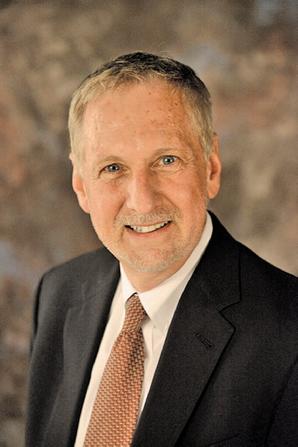Dennis Gros
Published: November 6, 2014 8:06 am ET
Updated: November 6, 2014 10:38 am ET

Dennis Gros
People always talk about the huge gap between executive compensation and the pay of the average worker.
But there’s another disconnect that people hardly ever talk about — that is, the gap in compensation between executives at the large companies, as cited in the headline article ofPlastics News’ Sept. 8 edition (“Options drive executive pay”), and those who work for the smaller, private and closely held manufacturers.
A survey of 1,200 plastics professionals earlier this year by Gros Executive Recruiters shows just how wide that gap has become.
We found that the average total compensation in 2013 for top executives and professionals in the plastics industry was $122,300 — or just 6 percent of the average 2013 compensation of $2 million for the top 155 executives in thePlastics News report.
What’s more, the survey we conducted, in conjunction with the Society of Plastics Engineers, found that average salaries, too, were profoundly lower than $435,000 cited in the PN article.
The average CEO in our survey earns a base salary of $164,900 — or only about 37 percent of what the highest-paid executives in the industry make. Similarly, the average salary of company presidents is $146,900 and chief financial officers, $138,750.
That kind of gap — both between workers and CEOs, and top executives and other industry executives — is a threat to our economy.
Why? Because 70 percent of the U.S. economy is based on consumer spending, and average pay for that vast group of professionals and executives in the plastics industry who earn between $80,000 and $150,000 is barely keeping up with inflation.
In the Bureau of Labor Statistics’ CPI inflation calculator, which measures dollars against inflation, the change in average compensation in the plastics industry over the last six years represents a slight increase in buying power. But it doesn’t feel like an increase. We’re all paying higher prices for gasoline, utilities, insurance, food and taxes.
Additionally, we’re all looking to ensure our futures when we leave the workplace.
Company pensions have essentially disappeared. The responsibility to build a retirement nest egg lands on the shoulders of the individual employee … usually in the form of a 401k to which the employer makes a minor contribution.
Here’s another chilling way to look at workplace pay for managers.
Seven years ago, in 2007, business was buzzing. Employers were placing recruiting assignments with our firm for regional managers with a target compensation of about $100,000. Today, employers are placing recruiting assignments for the same position at about the same target compensation.
Don’t accuse company owners of hoarding profits. In plastics, the margin on every order is extremely tight, and competition is always right around the corner.
In the big picture, we should be fat, rich and happy from these seismic events:
• Domestic manufacturing efficiency competes head-on with China.
• The Internet puts information at our fingertips.
• We’re harvesting significant quantities of oil in the USA.
But we’re not profiting from that because these huge economic advantages are being smothered by a weak economy.
To borrow a worn phrase, it’s the economy, stupid. We agree with Federal Reserve Bank chairwoman Janet Yellen’s assertion: wage increases need to begin outpacing inflation. And we’ll add the tag that she omitted: We need an economic environment that fosters real growth.
Dennis Gros is president of Gros Executive Recruiters. | 